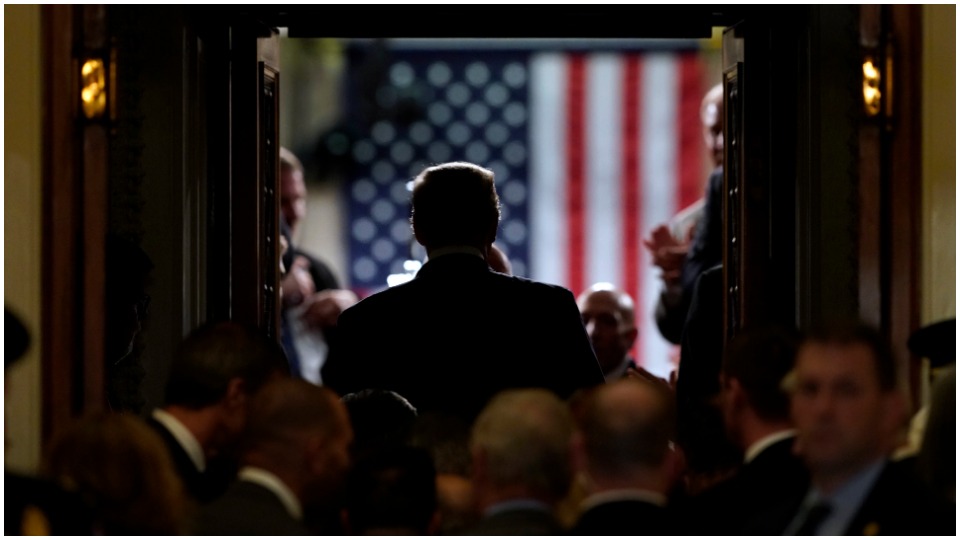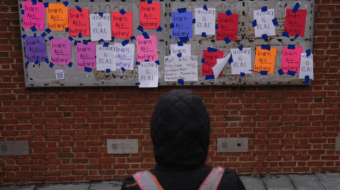
WASHINGTON—President Trump, by trashing and ignoring laws that require him to provide information sought by the Congress of the United States, has pushed the country into the full-fledged constitutional crisis with the worst political scandal ever to rock the nation.
House Judiciary Committee Chairman Jerrold Nadler declared on national cable television last night that a constitutional crisis is occurring because “the president is disobeying the law, is refusing all information to Congress.”
The latest illegal moves by the administration include its refusal to hand over to Congress a more complete version of the report by Robert Mueller on his investigation into the Trump campaign and its insistence yesterday that it will not allow the special counsel, Mueller, to testify before Congress.
Originally it was expected that Mueller would be testifying before the House Judiciary Committee as early as today. Nadler said on MSNBC last night that he is now “less confident” that Mueller will be testifying any time soon.
The House Judiciary Committee voted yesterday, 24 to 16, to hold Attorney General William Barr in contempt of Congress for failing to comply with the committee’s subpoena for a less redacted copy of the Mueller report. Republicans on the committee who defended the attorney general at the session yesterday falsely claimed that Barr would be violating the law if he complied with the committee’s request because the files the committee wanted included Grand Jury material that is protected under the law. Democrats exposed the falsehood of that claim by voting for and passing a motion that said only material approved for release by a court had to be included. That has been Nadler’s position from the beginning.
Talks between the Judiciary Committee and the Justice Department had broken down on the issue of releasing a more complete version of the Mueller report. Matters were made worse, of course, when the White House announced it was invoking executive privilege over the entire Mueller report, justifying its decision to release nothing at all to the Congress.
Barr released a redacted version of Mueller’s report to the public last month, but the House wants to see the full document, along with underlying evidence.
Trump’s refusal to hand over anything is an attempt to sweep aside democratic norms in favor of his own direct authority. He wants to make decisions that Congress has traditionally either made on its own or at least participated in making, thus sparking the constitutional crisis described by Nadler.
It is also becoming clear that fear of new and damaging information about this entire affair could emerge is behind the administration’s continued stonewalling of Congress.
Barr had previously let it be known that once he learned Mueller did not intend to recommend prosecution of the president, he felt the entire investigation itself was no longer serving any purpose. The fact that Mueller’s investigation had thus far—and could continue to—yield information useful to Congress in playing its constitutional role was, of course, of no concern to Barr or his boss Trump.
This raises speculation that Barr himself intervened and ended the Mueller investigation abruptly last month. Answers to questions about whether that was what happened and to many other questions will be much more difficult for the American public to come by if the administration succeeds in preventing Mueller from testifying.










